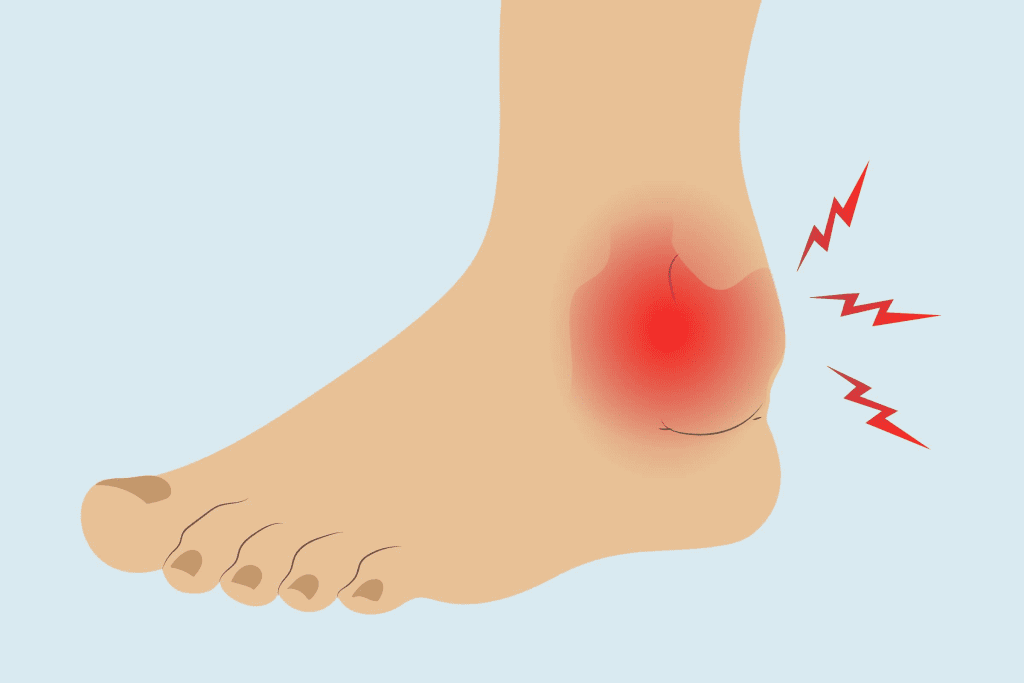Your kidneys play a crucial role in keeping your body healthy. They filter waste, balance fluids, and regulate essential minerals in your blood. But when they start failing, the signs might not be obvious at first. Ignoring these symptoms can lead to irreversible damage—possibly even lifelong dialysis.

1. Discolored Urine: A Major Warning Sign
Your urine says a lot about your kidney health. When your kidneys start failing, you might notice:
- Frequent urination, especially at night
- Blood in the urine (pink, red, or brownish color)
- Foamy or bubbly urine (indicating protein leakage)
- Green or unusually dark urine
Changes in urine color, smell, or frequency should never be ignored. If your urine is suddenly different, it’s time to consult a doctor.
2. Difficulty Sleeping and Sleep Apnea
Struggling to get a good night’s sleep? Your kidneys might be to blame. Kidney failure can cause toxins to build up in the blood instead of being flushed out through urine, leading to sleep disturbances.
Some people with kidney disease experience:
- Insomnia or restless sleep
- Sleep apnea (temporary pauses in breathing while sleeping)
- Loud snoring
Poor sleep quality isn’t just frustrating—it could be a sign that your kidneys aren’t filtering waste properly.
3. High Blood Pressure: A Silent Threat
Your kidneys and circulatory system work together. If your kidneys can’t remove excess fluid and waste from your blood, it puts extra pressure on your heart and blood vessels, leading to high blood pressure.
Untreated high blood pressure can damage the kidneys even further, creating a dangerous cycle that accelerates kidney failure. If you have persistent high blood pressure, get your kidneys checked.
4. Back Pain: More Than Just Muscle Strain
Kidney pain isn’t the same as regular back pain. It often occurs:
- In the lower back, near the ribs
- On one or both sides of the body
- Alongside fatigue, vomiting, or fever
If you’re experiencing persistent back pain along with other kidney-related symptoms, it’s time to visit a doctor.
5. Swollen Ankles, Feet, or Hands

Swelling in the lower body is a telltale sign of kidney dysfunction. When your kidneys fail, they can’t remove excess sodium from your body, causing fluid retention. This results in:
- Puffy ankles and feet
- Swelling in the hands or face
- Tight or shiny skin in affected areas
If you notice unexplained swelling, don’t ignore it—it could be a sign of declining kidney function.
6. Shortness of Breath: A Hidden Danger
If you find yourself gasping for air even during simple activities, your kidneys might be failing. There are two main reasons for this:
- Fluid buildup – When kidneys don’t remove excess fluid, it can accumulate in the lungs, making breathing difficult.
- Oxygen deficiency – Damaged kidneys produce less erythropoietin (a hormone that helps create red blood cells), leading to anemia and reduced oxygen levels.
Shortness of breath can be a symptom of many conditions, but combined with other kidney failure signs, it’s a serious red flag.
7. Bad Breath and Metallic Taste
Ever noticed a strange, ammonia-like taste in your mouth or persistent bad breath? This can happen when waste builds up in the bloodstream (uremia), making your breath smell foul and altering your taste.
People with kidney failure often complain that food tastes metallic or that they’ve lost their appetite. If your sense of taste has changed drastically, don’t ignore it—it could be your kidneys crying for help.
8. Itchy, Dry Skin: A Sign of Toxin Buildup

Your kidneys don’t just filter waste—they also help maintain the right balance of minerals and nutrients in your blood. When they fail, waste accumulates, leading to:
- Persistent itching
- Dry, flaky skin
- Skin rashes and irritation
Itchy skin isn’t always due to allergies or dryness. If it’s severe and persistent, get your kidneys checked.
Final Thoughts: Don’t Ignore the Warning Signs
Kidney failure is a slow but serious condition that can lead to lifelong dialysis if ignored. The good news? Early detection and treatment can help prevent further damage.
If you’re experiencing any of these signs—especially multiple symptoms—consult a healthcare professional immediately. Your kidneys are vital to your overall health, and taking action now could save you from irreversible complications.


